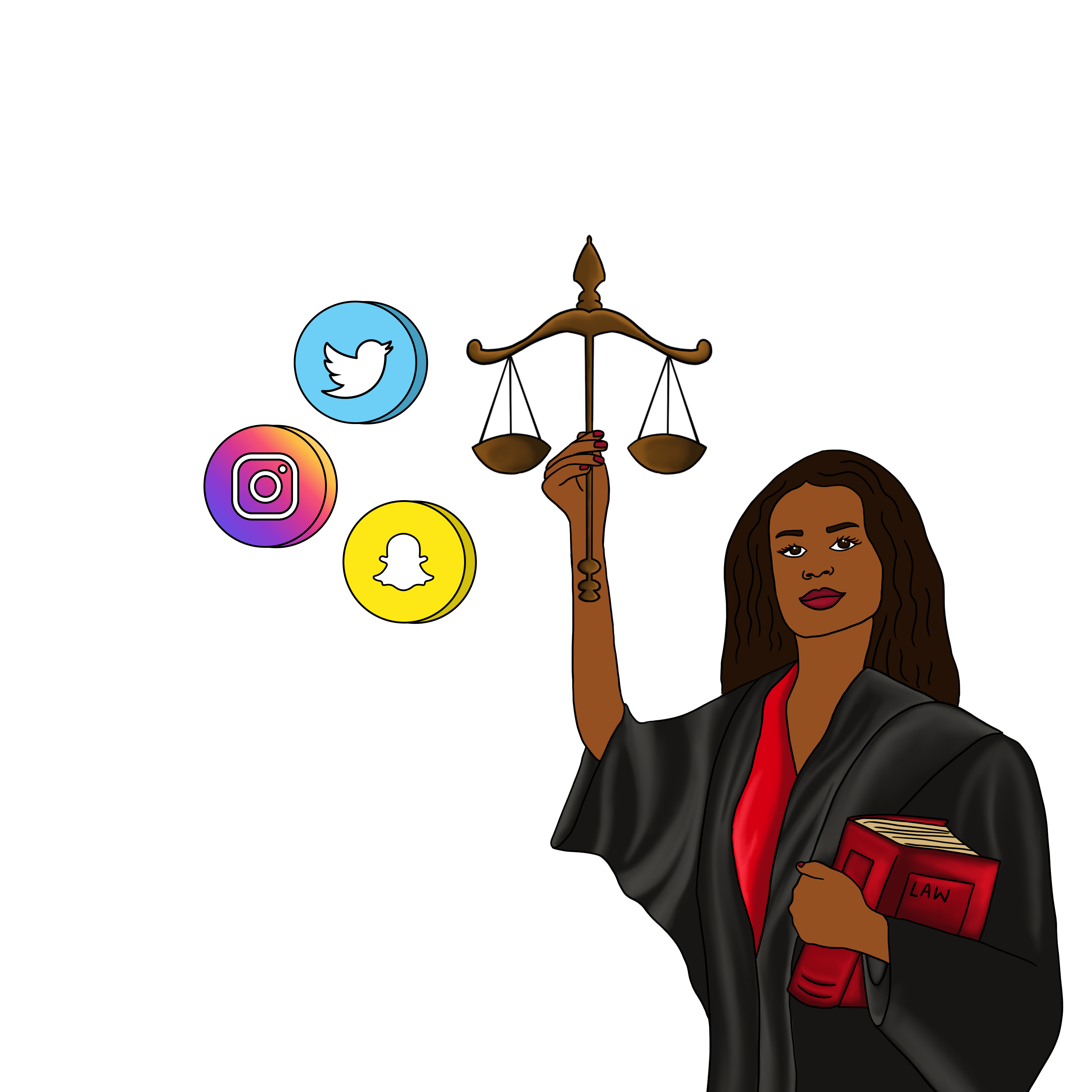At present, Pakistan uses several tools of digital technology which also include social media. More than 50 million of Pakistan’s population uses broadband services. On social media; 86.85% traffic heads to Facebook, while 5.65% use Youtube and 3.48% on Twitter. With this increase of social media usage, there is an increase in cyber crime[1]. In a report , Federal Investigation Agency (FIA) admitted that there has been an increase in the number of cyber crime cases reported. It stated that the number of inquiries has increased from 1,290 in 2017 to 2,295 in 2018[2].
Out of these reported cases, as mentioned in the report, most were cases of sexual harassment and blackmailing with a majority of female complainants. Women were either faced with harassment or blackmailed for money or unsolicited favors. Many female users in Pakistan are anonymous, keeping in view the social and domestic pressure they have to face. Social media is a platform where women can openly interact with the opposite gender; hence, most women are not permitted to use social media by their families. In case they are permitted, they are not allowed to share personal information or images, and have to face constant monitoring by the men of the family.
In many cases of blackmailing, women have been exploited over the fact that they had been using social media secretly. Threats of making their personal information like identity and images public have been primarily used. Women in both online and offline sphere have to come across several hurdles when it comes to social media usage.
Having access to the sources of information is a basic right which every citizen must exercise. Internet and social media platforms prove to be an important source of information. Different perspectives can be easily accessible through social media. People use it express their own views and to analyse the ones of others. If not that, it is a basic tool of interaction to which everyone should have easy access to. However, in Pakistan things seem quite hard especially when it comes to Pakistan.
Women in Pakistan are forced to self-censor their views and ideas as well as hide their identity. Regardless of anonymity, women have been a target to harassment, yet things get worse for the ones who are anonymous and use social media secretly. These women become vulnerable in front of the predators on the internet. There have been several reported cases of women falling prey to these blackmailers as they do not want their families to know about their social media activity.
Violence on the basis of gender is not only prevalent offline, but it has quickly taken over the online sphere. While operating in a society where women are killed on basis of doubt, it is easy for women to fall trap to online predators. It is important for women to know how they can secure themselves, both online and offline. Despite other loopholes, Pakistan has a Cyber Crime Bill through which FIA has reportedly been taking care of such cases[3]. Spreading awareness among women especially young girls is needed to secure them on the internet. It is essential to break through the limitations of the society and exercise the rights given by the constitution.
[1] https://propakistani.pk/2018/10/23/cyber-crimes-register-sharp-rise-in-last-three-years-in-pakistan/
[2] https://www.dawn.com/news/1440854
[3] https://www.techjuice.pk/first-offender-of-the-cyber-crime-bill-arrested-in-kpk/
This blog has been written by Anushe Noor Faheem, Member of DRF’s Network of Women Journalists for Digital Rights.





